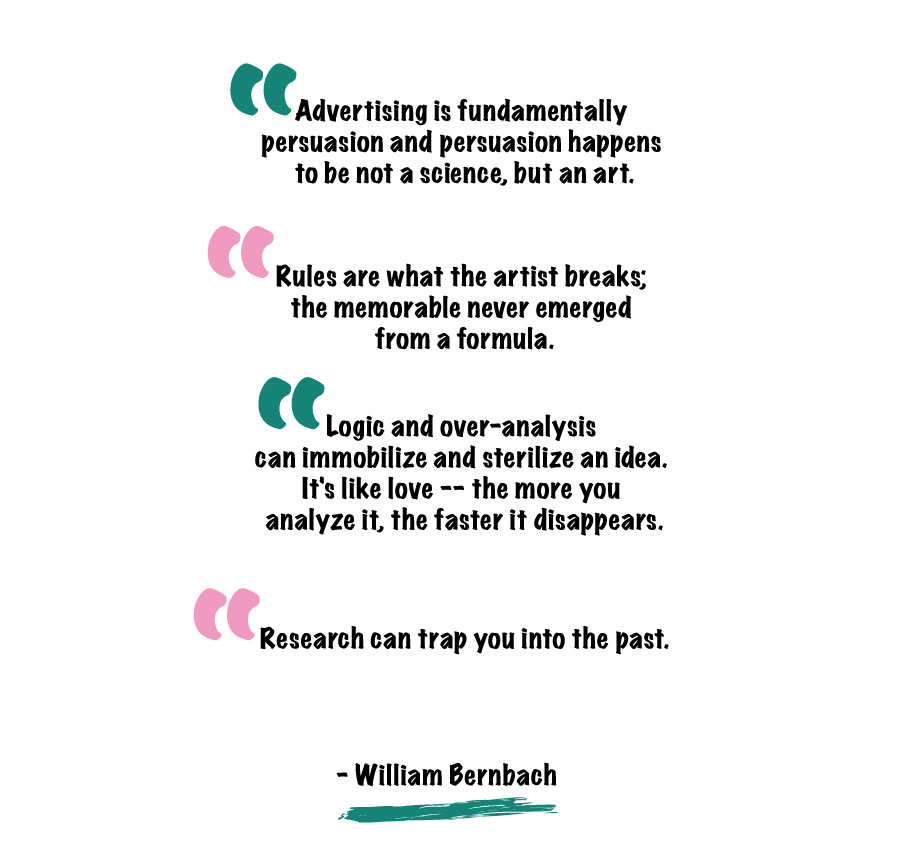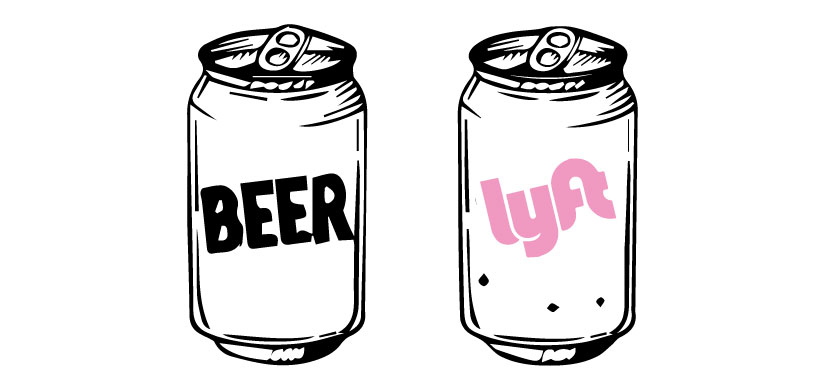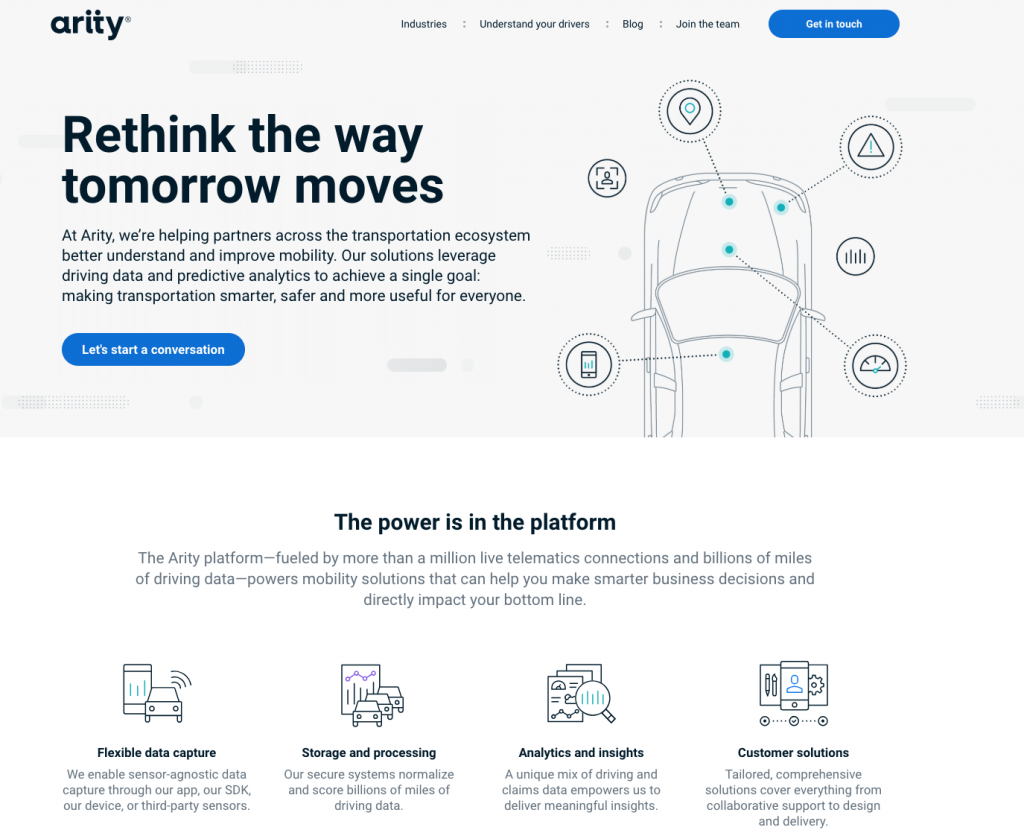The Art of Advertising
“Half the money
I spend
on advertising
is wasted;
the trouble is
I don’t know
which half.”
Born in Philadelphia in 1838, John Wanamaker was an American pioneer. He pioneered the concept of the department store and at one point, he built and owned the largest retail store in the world. He originated the price tag (those days prices were determined after negotiations between sellers and buyers), and he opened the first restaurant inside a general store.

John Wanamaker was also an advertising pioneer; he invented the white sale, employed the world’s first full-time copywriter (1880), and took out the first half and full-page newspaper advertisements. Business was obviously good, however, Wanamaker still acknowledged the fact that half of his advertising money was wasted. 130 years later, and it appears that a lot of advertising money is still going to waste. Have a look at this bold statement by Dan Neely, CEO and founder of Networked Insights, a company recently acquired by American Family Insurance:
“Last year (2016)
businesses wasted
on marketing campaigns
that just didn’t work.”
I did the math. That’s about 66% of the total global ad spend.

Three questions for you. (1) can we determine which ad campaigns didn’t work, and (2) can we provide insights into why these campaigns didn’t work. The tools available today, along with different methods to measure the effectiveness of a campaign, can shed light on which campaigns worked and which didn’t. Yet, proving why these campaigns did or didn’t work is a different story. You see, some believe that advertising is an art, not a science, hence it cannot be measured. So, the better question is – (3) is advertising an art or is it a science ?
“I warn you
against believing
that advertising
is a science.”
I didn’t say that. Advertising icon William Bernbach did. The man who led the creative revolution in the 60s shared his thoughts on the art of advertising; here are some of his best quotes:

If William Bernbach was alive today, marketing analytics companies would try to prove him wrong with numbers and stats. They would argue that his methods aren’t efficient. But, William Bernbach was all about efficiency; he just thought that creativity was the best way to save money: “Properly practiced, creativity can make one ad do the work of 10.”
And since we won’t be able to settle this debate, let’s reach common ground with this thought by the legendary George Lois: it’s an art, but they’ve made it a science.
Data can be deceiving
Networked Insights is one of many strong players in the field of social intelligence, which offers valuable insights about people’s interests. Social intelligence is a ‘hot’ industry; just seven (out of several) companies (including Networked Insights) raised over $642M, since their inception. These companies help brands and marketers understand their audience better by gathering, organizing and analyzing social data that is shared by people across the web on places like Facebook, Instagram, Twitter, blogs, forums, and other online communities. While not all social intelligence companies are created equal, their core is the same; they all rely on social data. These companies operate under the premise that what people share online is an indication of who they are.
Do you believe that? Some do, some don’t.
Say it’s true – our likes, shares and comments define who we are. Does this mean a social intelligence platform can determine one’s interest and behavior based only on what a person shares?
I’ll answer this question with a question. Based on social data, is LeBron James cheap?
If you check LeBron James’ Facebook, Instagram and Twitter accounts, you’ll see videos and photos of his $21M dollar house, his expensive clothes and his frequent family vacations. Based on that, it would be safe to assume that LeBron James is living a very luxurious life. But, is social data enough? On July 2016, Dwyane Wade was a guest on a morning talk show, hosted by Kelly Ripa and Ryan Seacrest and revealed something very few knew: LeBron James is the cheapest guy in the NBA.
Apparently, LeBron James doesn’t turn on data roaming, he doesn’t buy any apps and he still has Pandora with commercials, and yes, he knows he’s rich. Before his secret was shared with the world, only few knew this trait about him: most probably his close family and friends, and companies like Apple and Pandora.
Now, don’t get me wrong; I’m a fan of data, big, medium and small, as long as it’s the right data. As humans, we constantly contradict ourselves, which makes it difficult for anyone, human or machine to determine who we really are. What a person shares online is just one part of the equation, and to solve it, we need all the variables; unfortunately, companies that have valuable data about our purchase habits (Amazon, Apple, banks) are keeping the data to themselves.
But, sometimes all you need is a little bit of science to help create a work of art ; that’s exactly what Lyft is doing by teaming up with Baderbrau Brewing to offer Lyft-branded beers in Chicago bars, along with a $5 discount on each can.

“We know through data that nightlife is one of our largest business segments, especially going out on a Friday or Saturday night. Harder (to understand) is the psychology of how they decide to get home and when they decide to make that happen. That’s a little more art than science” – general manager for Lyft in the Midwest, David Katcher.
American Family + Networked Insights = ?
I’m not sure what American Family will gain from the acquisition of Networked Insights. Facebook just announced a change to its news feed, which may cause users to spend less time on the site and engage less with brands. Aside from that, Networked Insights is in a very crowded space. If American Family acquired Networked Insights for the sake of improving their marketing efforts, then I can’t see the value. Understanding people’s interest is good for brands that offer something of interest, but, insurance isn’t something of interest, it’s something of need.
ESPN recently laid off a bunch of employees; if I was American Family, I would hire them, train them to be insurance agents and then set them free to do what they do best – create sports content. The title of each employee will read: Sports Writer & American Family Insurance Agent. And while I don’t have the data to prove it, I bet you that American Family will gain new, loyal customers.
As the late, great William Bernbach said:
“We are so busy
measuring public opinion
that we forget
we can mold it.
We are so busy
listening to statistics
we forget
we can create them.”



